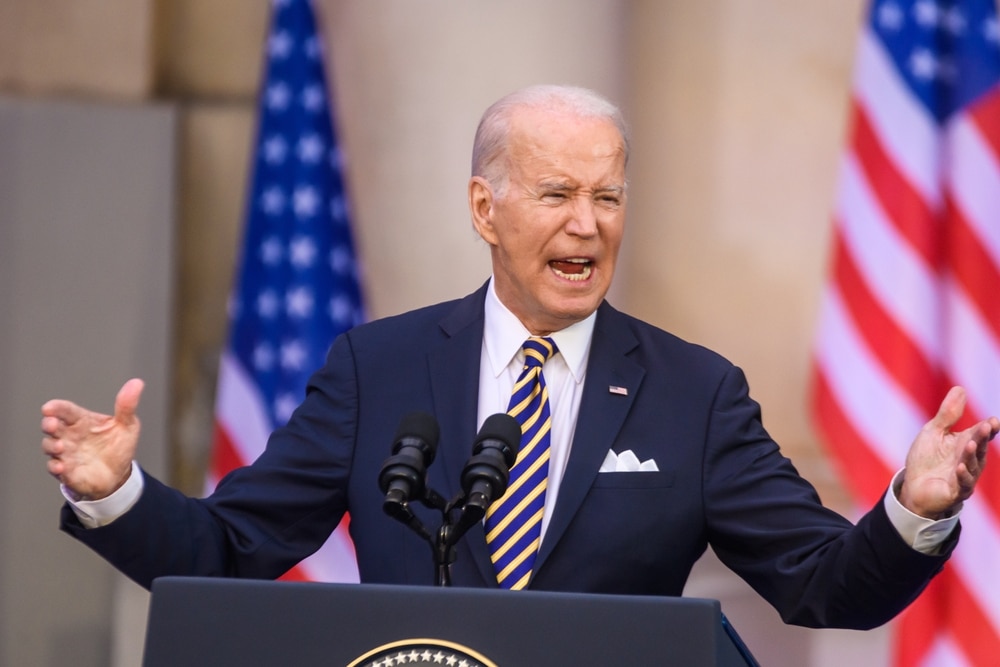FBI Director Christopher Wray delivered a full-throated defense of a powerful spy authority on Tuesday, invoking the Sept. 11, 2001, terrorist attacks and warning lawmakers that a watered-down surveillance program could leave the agency paralyzed to respond to threats.
“What could anybody possibly say to victims’ families if there was another attack that we could have prevented if we hadn’t given away the ability to effectively use a tool,” Wray told lawmakers on the Senate Judiciary Committee. “Because let’s not fool ourselves. That’s what’s at stake with the reauthorization,” he said.
Wray escalated his rhetoric as Congress this week considers legislation that would add privacy protections for American information collected under Section 702 of the Foreign Intelligence Surveillance Act, which expires at the end of the year.
The House Judiciary Committee is set to consider a reauthorization bill Wednesday that would insert a warrant requirement when it comes to information on Americans, with certain exceptions.
The House Intelligence Committee is scheduled to mark up its own reauthorization bill Thursday, which has not yet been released but is expected to have a different level of privacy provisions.
Section 702 allows the U.S. government to collect digital communications of foreigners located outside the country. But the program also sweeps up the communications of Americans and allows the FBI to search through data without a warrant using information such as an email address.
Wray’s testimony follows a letter to senators Monday from the Justice Department and the Office of the Director of National Intelligence that said Section 702 should not be allowed to lapse, and that a warrant requirement would “severely undercut” use of the authority to warn of terrorist attacks and malicious cyber activity.
The FBI director made the remarks to some of the senators who have insisted on more privacy protections and contend warrantless searches for information on Americans — known as U.S. person queries — are a clear violation of the Fourth Amendment.
Wray said stripping the FBI of its Section 702 authorities would be a form of “unilateral disarmament,” and the authority is key in finding out when a foreign terrorist organization directs an American-based operative to carry out an attack.
Wray’s comments drew a sharp rebuke from Sen. Mike Lee, R-Utah, who rejected the idea that adding a warrant requirement would equate to a unilateral disarmament.
“You have a lot of gall, sir. This is disgraceful,” Lee told Wray. “The Fourth Amendment requires more than that and you know it.” Wray responded that no court that’s looked at Section 702 has found the authority to be unconstitutional.

















